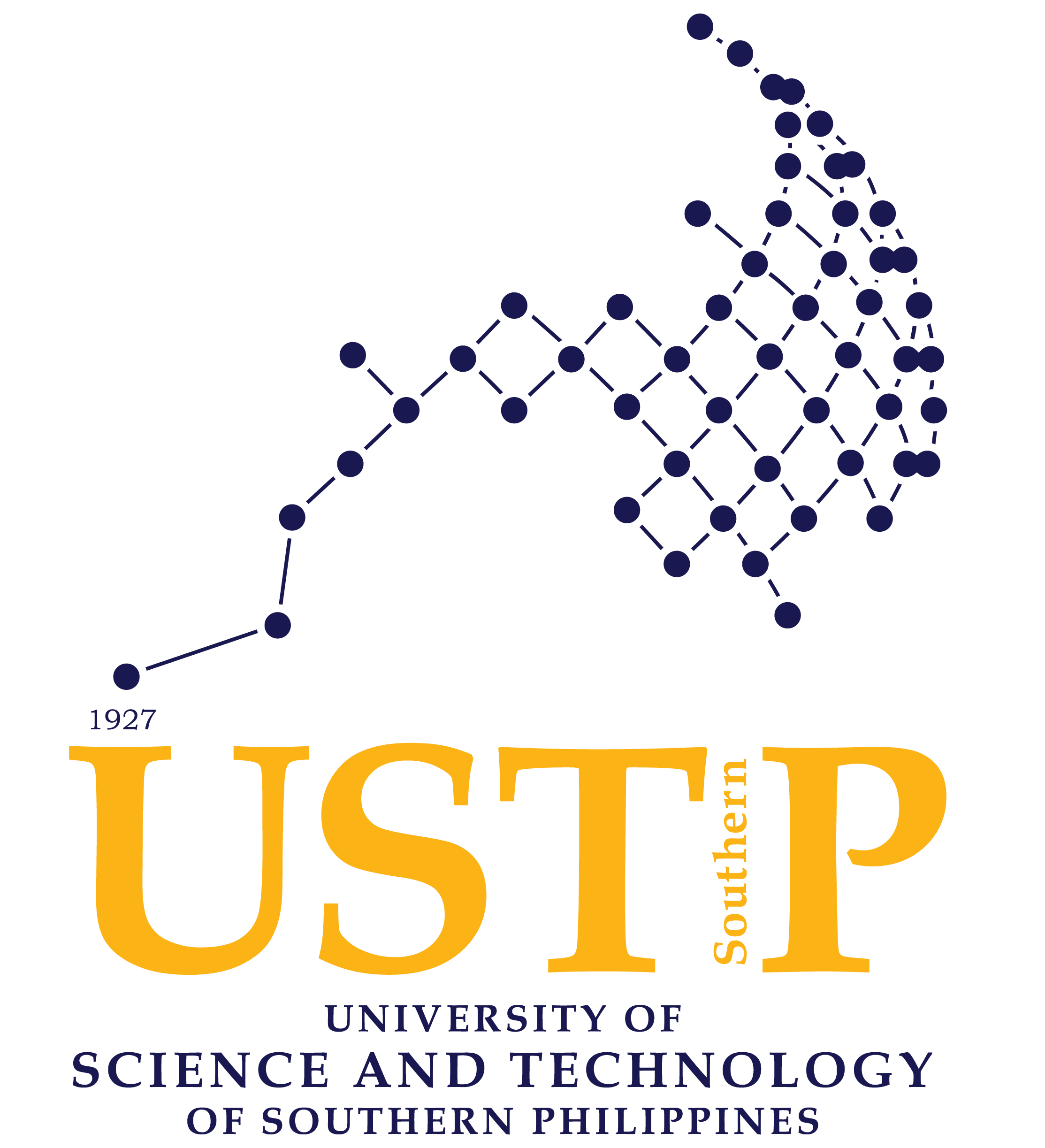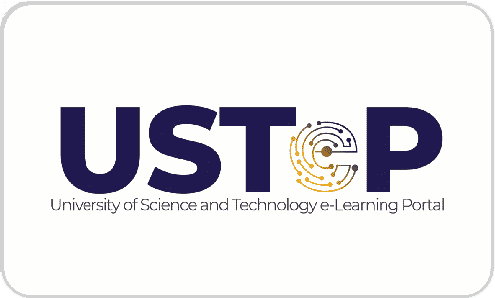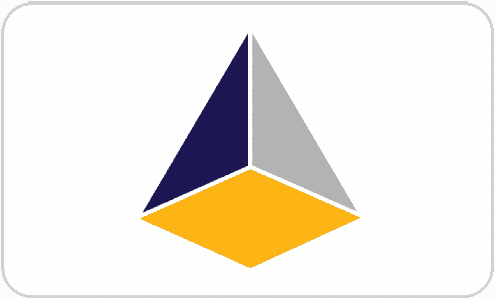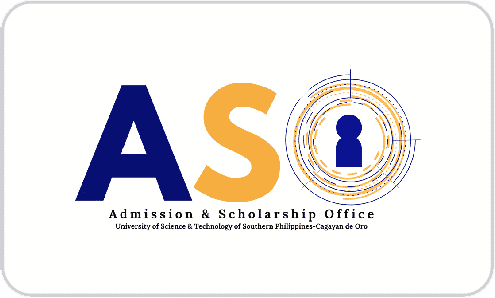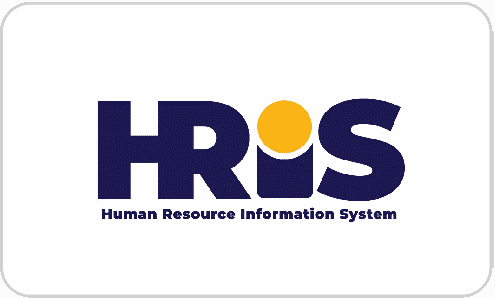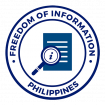ABOUT THE PROGRAM
Master of Science in Environmental Science is an in-campus degree program designed to provide students with advanced academic and/or professional knowledge, skills and competencies, leading to a second degree higher than the bachelor’s (CMO No. 15 Series of 2019 for PSG). The program contain a substantial research component as thesis is a requirement for graduation. The course offerings in the program are theoretically-based but includes practical components and are performed by the state-of-the-art research and/or best professional practice.
The MS in Environmental Science program is aligned with Level 7 of the Philippines Qualifications Framework, PQF with the following descriptors:
1. Advanced knowledge and skills in specialized, interdisciplinary or multidisciplinary
field of study for professional practice
2. Self-directed research
3. Lifelong learning with a highly substantial degree of independence that involves individual work or teams of interdisciplinary or multidisciplinary experts
4. Application of the target skills in research, professional endeavours or creative works.
The graduate program focused on specialized fields as it offers two major tracks:
- Environmental Management & Technology (EMT)
- Natural Resource Management (NRM) (This program has more units in the sciences & technology, and have laboratory classes)
PROGRAM OUTCOMES
Upon completion of the degree, Master of Science in Environmental Science, the graduates have the ability to:
a.) Perform analytical skills in identifying an environmental problem and its underlying causes
b.) Assess the status of the environment in terms of biological, physico-chemical, socio-economic and institutional aspects through an integrative approach
c.) Develop innovative technologies to safeguard the environment which are applicable to different sectors of the society such as biodiversity and energy
d.) Promote green technologies through technopreneurship to sustain the demands of the society without compromising environmental integrity
e.) Communicate effectively and respond to emerging environmental problems and issues through a participatory approach involving the academe, NGO’s, government agencies, private institutions in different sectors
f.) Be highly productive in the field of specialization through publications and projects; adept and versatile in a dynamic environment in different socio-cultural contexts and highly motivated to pursue higher education and learn new
approaches in chosen field through trainings and other activities in the local and international levels.
CAREER OPPORTUNITIES
- Policy Makers and
- Environment Directors
- Environmental Science Managers
- Environmental Technology Managers
- Natural Resource Managers
- Environmental and Natural Resource Directors
- Pollution Control Managers
